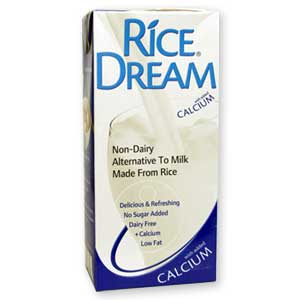

By: Henry J. Fromage (A Toast)
One of the first scenes in this documentary opens in a Humvee on a mountain road in Afghanistan. A soldier’s conversation with the cameraman is interrupted by a whump and debris hitting the windshield. The soldier informs us that they just hit an IED before barreling out of the Humvee to engage the enemy. Welcome to a day in the year of the life of a soldier in Afghanistan’s Korengal Valley, “the most dangerous place in the world.”
 warmingglow.upgroxx.com (2010)
warmingglow.upgroxx.com (2010)
Finishing a close second…
The cameraman in the humvee is Sebastian Junger, who describes that incident as the time he almost died. Judging by later footage, it couldn’t be the only time. He and Tim Hetherington ballsily shot the film while on assignment for Vanity Fair.
 Known for their cutting-edge journalism
Known for their cutting-edge journalism
A Toast
It is pretty much impossible to find fault with the film because of the nature of it. While there are a few after-the-fact interviews, and obviously all of the footage had to be cut into a couple of hours, Junger and Hetherington refrain from forming a narrative or giving you their opinions about the whole situation. They just tell you, or rather, show you how it is.
You live and experience the soldiers’ hopes and fears, moments of boredom, terror, and exhilaration, the sophomoric banter and heartfelt realizations, as they live them. No film has captured so distinctly what it feels like and means to be a soldier in wartime because no other film can. Recreation is not reality.
What also deserves to be applauded is the unique window into U.S.-Afghani relations this film provides. The captain of the unit and new leader of operations in the valley holds periodic meetings with village elders to “win hearts and minds.”
fekrat.org (2010)
Also, the secret to that sweet beard-dye
When they ask about civilian casualties or detainees, they’re simply told that things are being handled differently under the new captain. A villager who had his cow killed and eaten by soldiers after it had wandered into razor wire is told he can’t be given the five hundred dollars it cost, but, rather its weight in rice, beans, and sugar. Good luck turning that into another cow.
 My bad, apparently you can get milk from rice…
My bad, apparently you can get milk from rice…
The villagers clearly don’t get some things, either. They want to know when a terrorist who committed a beheading will return to his village. Yeah, don’t hold your breath.
Restrepo clearly shows this painful inability to communicate on both sides, and furthermore gives us a little-understood perspective into our “unwinnable” wars. Until some sort of line of communication can be reached between our cultures, I wouldn’t hold our breaths, either.
Verdict
It’s not as flashy or opinionated as more famous documentaries, but this is as good an example of the craft as any you’re likely to see.


No comments:
Post a Comment